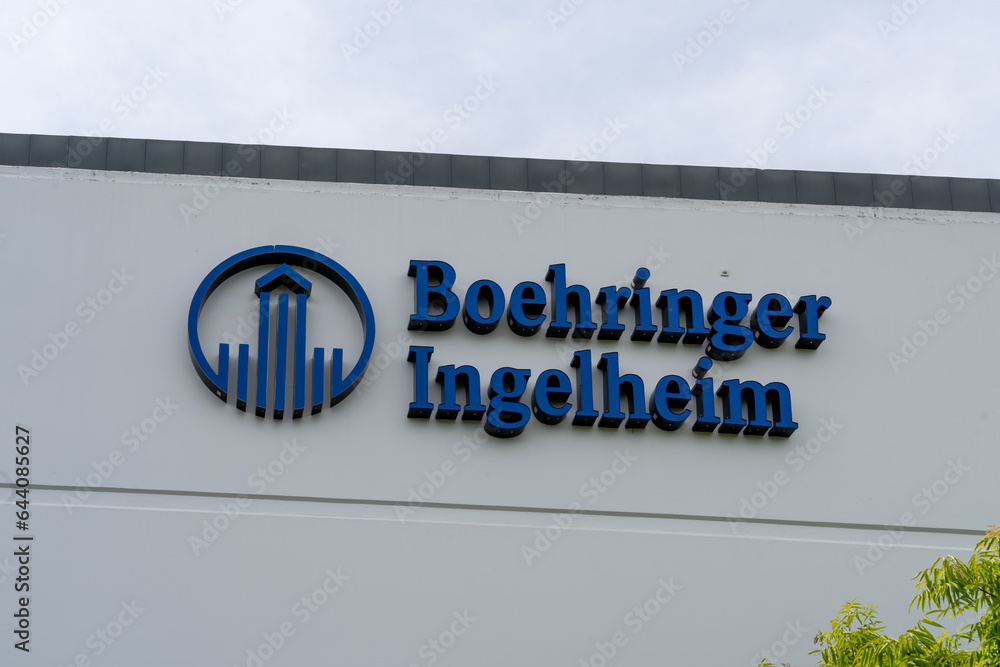
Boehringer Ingelheim inks deal with Tessallate Bio
Boehringer Ingelheim and synthetic lethality specialist Tessellate Bio have entered into an €500m biobucks global license agreement on oral first-in-class cancer treatments.
Under the new agreement, Boehringer Ingelheim aquires global commercialisation rights on treatments co-developed with Tessellate Bio that target tumours dependent on alternative lengthening of telomeres (ALT) for their growth. According to Boehringer, this feature is present in 10-15% of all cancers and associated with poor prognosis and a lack of targeted therapies.
In healthy cells, telomeres progressively shorten after each cell division, limiting the number of replications. Cancer cells overcome telomere shortening and thus the replication limitations. One of these mechanisms is Alternative Lengthening of Telomeres (ALT) allowing unlimited proliferation.
Tessellate Bio is entitled to receive near term payments including an undisclosed upfront license fee, research funding, and technical milestone payments, as well as downstream success-based milestones. The overall deal value is in excess of €500m.
“We look forward to working with Tessellate Bio’s team of scientists to develop innovative cancer treatments based on their synthetic lethality approach targeting ALT positive tumors,” said Lamine Mbow, Global Head of Discovery Research at Boehringer Ingelheim. Andree Blaukat, CEO, Tessellate Bio said, “This is our first pharma collaboration, and we believe that Boehringer Ingelheim is the ideal partner to advance this innovative program to benefit patients with ALT positive cancers. The company has a proven commitment to oncology and the agreement aligns with our collaborative strategy for bringing new targeted treatment options based on the concept of synthetic lethality to patients across a wider range of cancers.”
Tessellate Bio has developed inhibitors of an undisclosed target that plays a key role in enabling the uncontrolled growth of ALT positive cancer cells. Blocking this target has been shown to lead to increased DNA damage, replication stress and ultimately tumor cell death, specifically in ALT positive tumor cells. A clear benefit is that healthy cells are not affected because they have no dependency on this mechanism.
Headquartered in the Netherlands and with labs in the UK, Tessellate Bio was founded based on cutting-edge research from the international world-renowned researchers Hilda Pickett and Roger Reddell (Children’s Medical Research Institute, Australia), and Claus Azzalin (Instituto de Medicina Molecular, now the Gulbenkian Institute for Molecular Medicine, Portugal). Tessellate Bio is supported by top-tier life science investors BioGeneration Ventures (BGV) and Forbion


 ABA Austria
ABA Austria
 BioNTech SE
BioNTech SE